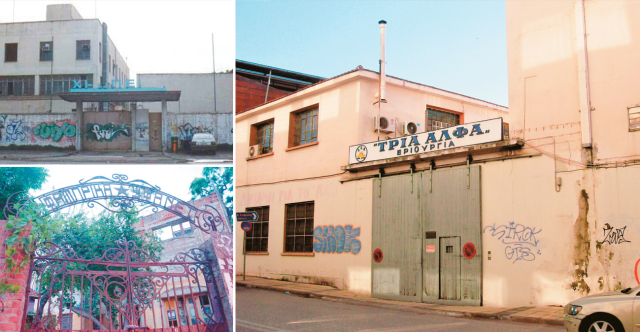The government’s bold initiative aims to address the pressing housing crisis by utilizing the successful “antiparochi” (property exchange) model that effectively tackled similar issues in urban centers during the 1960s.
A draft law prepared by the Prime Minister’s Office, headed by Kostis Hatzidakis and Akis Skertsos, along with the Ministry of Social Cohesion and Family under Domna Michailidou, is set to be introduced in Parliament shortly. The goal is to transform unused public real estate into modern housing for thousands of families, leveraging public assets without imposing a direct financial burden on the state budget.

A New Model for Public-Private Cooperation
As reported by Proto Thema, the draft law establishes a novel collaboration framework between the public and private sectors. The Greek state will offer properties either for new construction or renovation, with the stipulation that at least 30% of the resulting homes be reserved as social housing for eligible citizens. This approach aims to attract investment while fostering a new type of social housing that integrates within existing communities, avoiding “ghettoization” by forming part of modern, multifunctional buildings.
Affordable Rent and Purchase Options
The proposed law outlines that social housing will be available at affordable rental rates, allowing tenants the opportunity to purchase the property after a decade of consistent leasing—a “rent to own” model detailed in Article 5B:
“…Leasing contracts may include an option to purchase the property… after at least ten years from the initial lease agreement…”
Eligibility for beneficiaries will be determined by OPEKA (Organization of Welfare Benefits and Social Solidarity), based on criteria established by ministerial decision. Once accepted into the program, beneficiaries will cease to receive any current housing allowances.
Prioritizing Families with Children
“In addition to economic vulnerability criteria, we aim to prioritize families with children through this program,” Minister Michailidou shared with Proto Tema. “Our ‘My Home I’ initiative focused on young couples; ‘My Home II’ expanded the age range to include those up to 50. Now, we want to provide security for families with children who are considering expanding their households,” she added.
She clarified that the selection process will be centralized via a dedicated digital platform that manages all applications and procedures. Developers will not influence tenant selection, even if they later manage the buildings, as outlined in the draft law.
Rent Caps and Market Conditions
Rental prices for social housing will be evaluated individually based on the property’s objective value and other factors. Reliable sources at Proto Thema indicate the government’s goal is to keep rent below 30% of the average salary.
“This initiative addresses the supply side of the housing crisis and complements earlier measures aimed at demand, such as ‘My Home I’ and ‘My Home II,’” stated Minister Michailidou. “It contributes in several ways: by boosting housing supply, ensuring that at least 30% is allocated to social rent, and strategically utilizing underused public assets—an essential component,” she emphasized. “It will particularly benefit areas like Attica, Thessaloniki, and other urban centers facing severe housing issues.”

The “Key” to Success
The core of this measure’s success lies in attracting significant investment. The government believes this initiative will pave the way for a new business sector similar to models seen in several European countries.
“The new provision enhances flexibility within the framework of social antiparochi, making it more appealing to private investors and developers,” Minister of State Akis Skertsos stated to Proto Thema.
Leadership of Coordination Committee
Skertsos and Minister Domna Michailidou co-chair a new inter-ministerial coordination committee tasked with addressing housing issues. This committee includes Finance Minister Kyriakos Pierrakakis, Education Minister Sofia Zacharaki, Defense Minister Nikos Dendias, Health Minister Adonis Georgiadis, Digital Governance Minister Dimitris Papastergiou, Infrastructure Minister Christos Dimas, and Labor Minister Niki Kerameos.

Akis Skertsos emphasized, “A significant gap exists in Greece regarding long-term investors and developers, a market prevalent in many European countries that view social and affordable housing as a distinctive product. While profit margins may be smaller, the long-term returns are secure.”
“It’s equitable for the state to contribute land or existing properties, while the developers provide the capital for construction. Following a valuation of each property, we will outline an ownership agreement between the state or municipality and the private developer, and discuss potential management of the entire building,” Skertsos added.
Priority Properties for Development
The initial list of properties earmarked for quick development under this new plan has been compiled, featuring:
- The former CHROPEI industrial complex, owned by EOF, located at 62 Piraeus Avenue, spanning 17,893 sq.m. and including listed buildings with immediate redevelopment potential. The draft law includes provisions to transfer this property to the state for expedited creation of social housing.
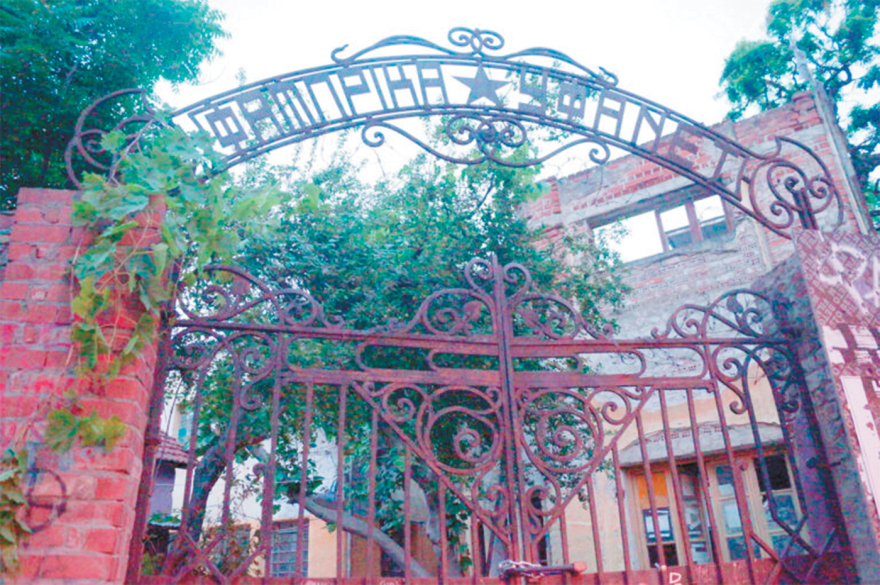
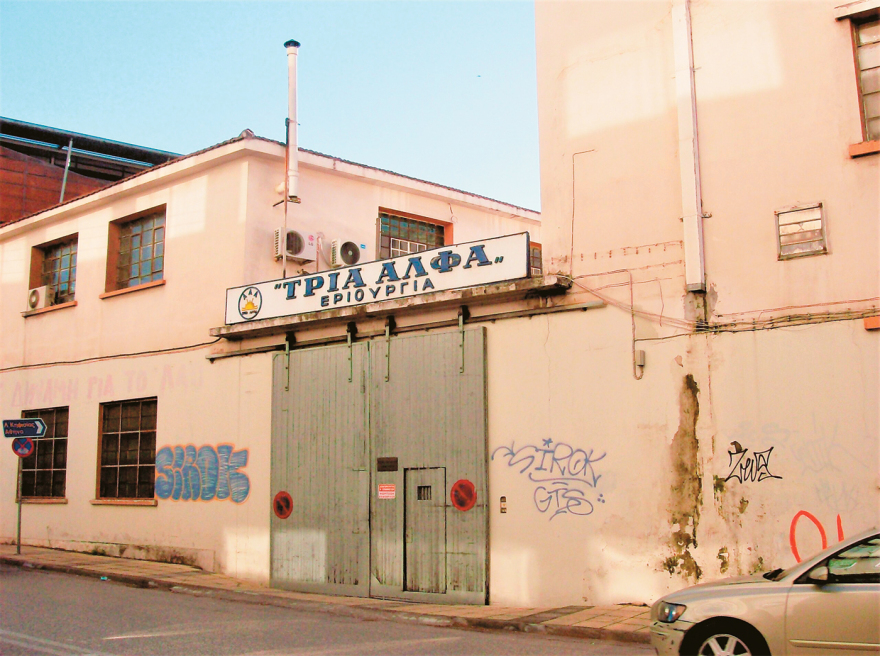

Other publicly owned properties among the initial group for utilization include:
- Two EFKA-owned plots in Argyroupoli, situated on Kyprou Avenue with a combined area of 2,375 sq.m.
- The former Anatolia factory in Nea Ionia, featuring 18,000 sq.m. of buildings owned by ETAD.
- The historical YFANET site in Toumba, Thessaloniki, comprising 19,500 sq.m. and currently occupied.
Additional properties slated for rapid development include:
- Various properties located in major urban centers.
- 378 plots cataloged across Greece by the Secretariat of Public Property at the Ministry of Finance, with detailed mappings conducted by KPMG.

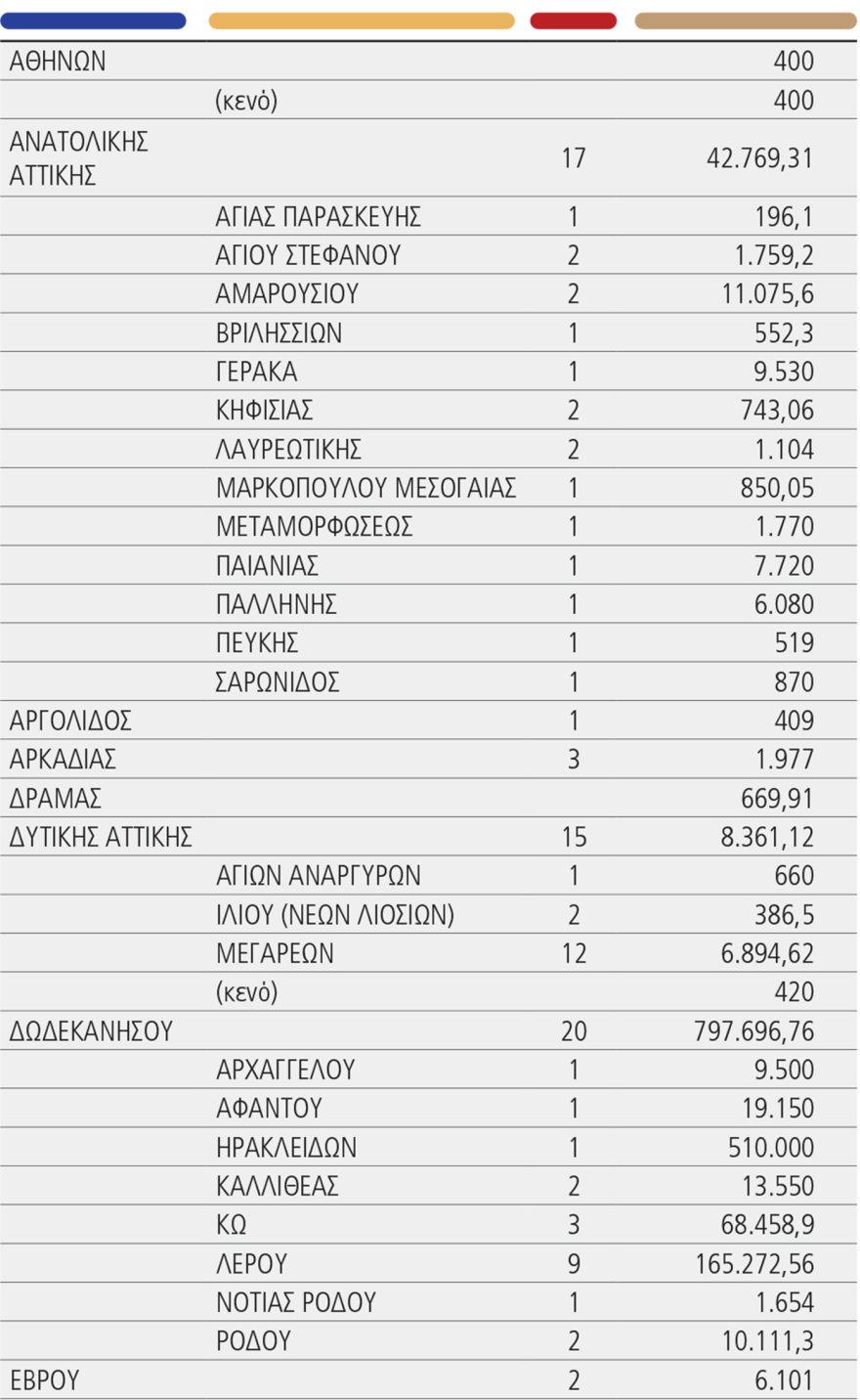
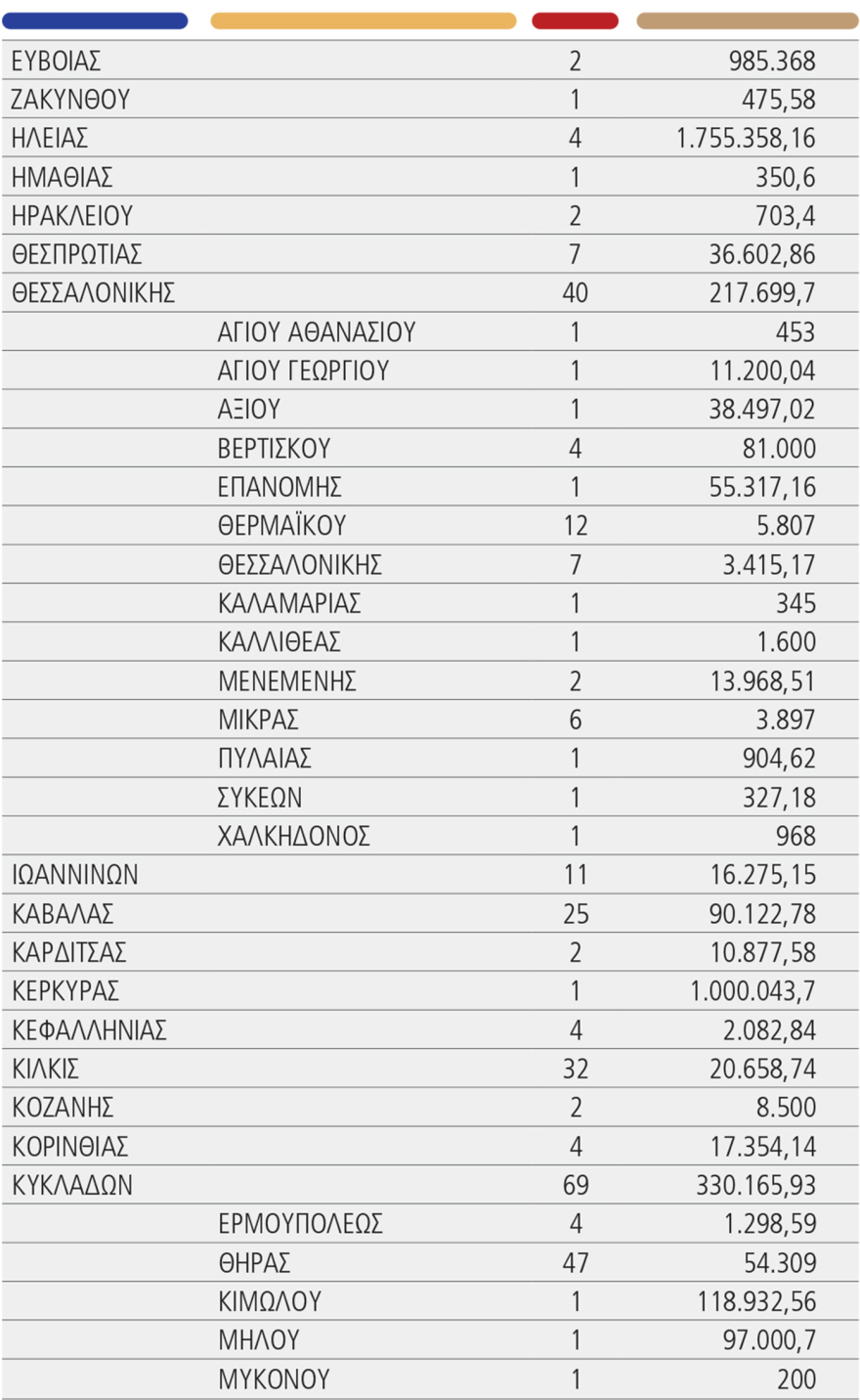
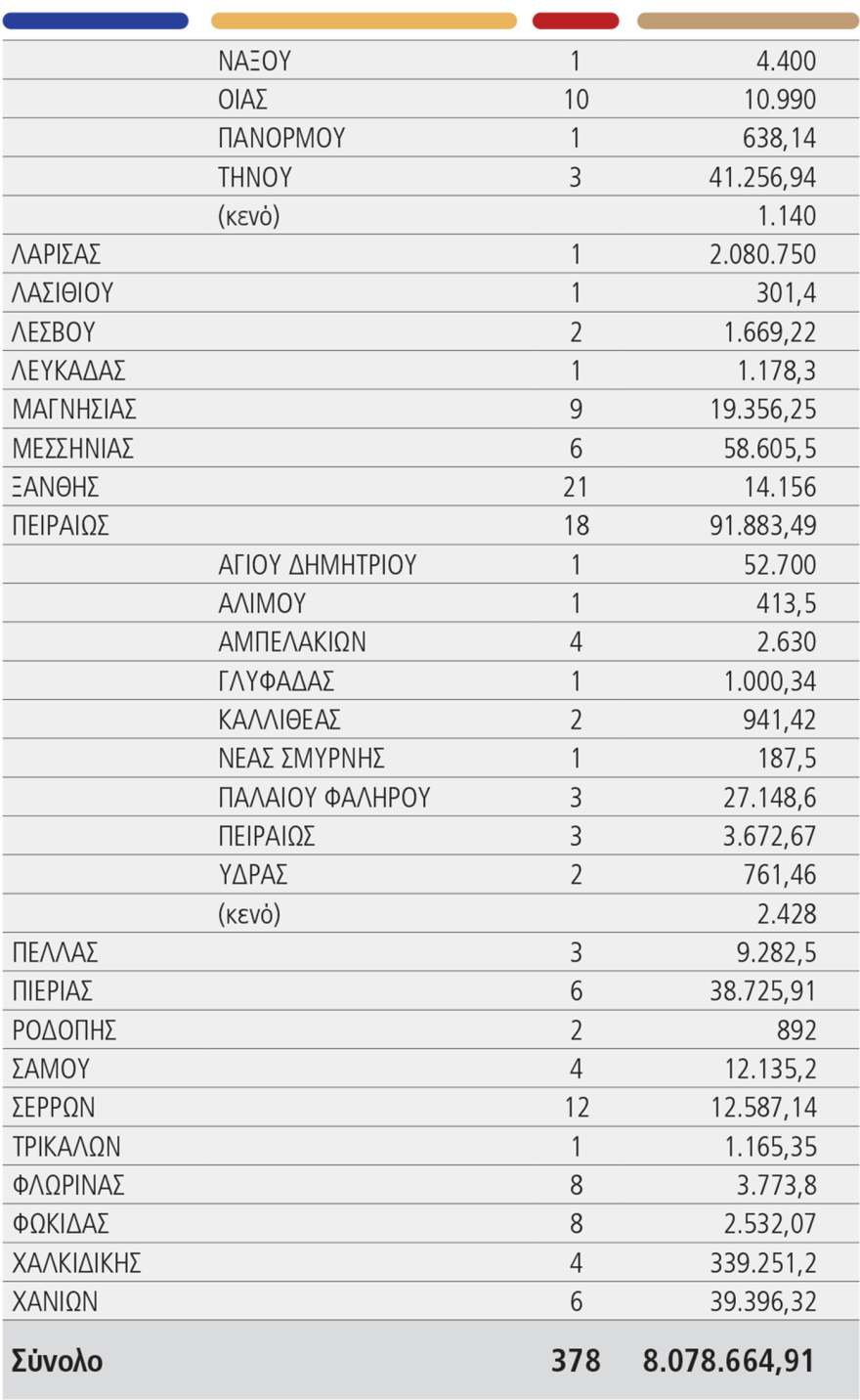
Digital Monitoring Initiatives
To enhance procedural transparency and effectively address social housing needs, the establishment of a central management body and an electronic registry for projects and beneficiaries is planned. The Ministry of Social Cohesion will set up this electronic register to track tenders, housing units allocated, beneficiaries, and project progress.
Additionally, a housing policy observatory will be created to monitor the market, resource utilization, and geographic distribution.
Integrating Affordable Housing into Urban Fabric
The government asserts that social housing under this framework will be developed within the existing urban landscape, rather than in neglected areas. Instead, it will integrate within multifunctional buildings, adhering to standards of maintenance, energy efficiency, and aesthetic quality.
“We aim for mixed-use environments where owners, tenants, and eligible citizens coexist. This requires modern construction with high standards of maintenance and long-term management, necessitating a shift in mindset from investors aiming for sustainable long-term returns,” remarked Skertsos.
Potential Application in University Housing
This model could also apply to universities, where student housing is a significant concern. University administrations are encouraged to identify spaces within their real estate assets.
“The increased competition from non-state universities presents public institutions with an opportunity to enhance their attractiveness by offering better housing options,” Skertsos noted.
The Housing Crisis: Current State and Measures
The housing crisis in Greece is a pressing reality for many households, affecting quality of life and limiting opportunities for youth. It represents a complex issue impacting not only vulnerable populations but also low and middle-income groups, including workers and young families seeking adequate urban housing.
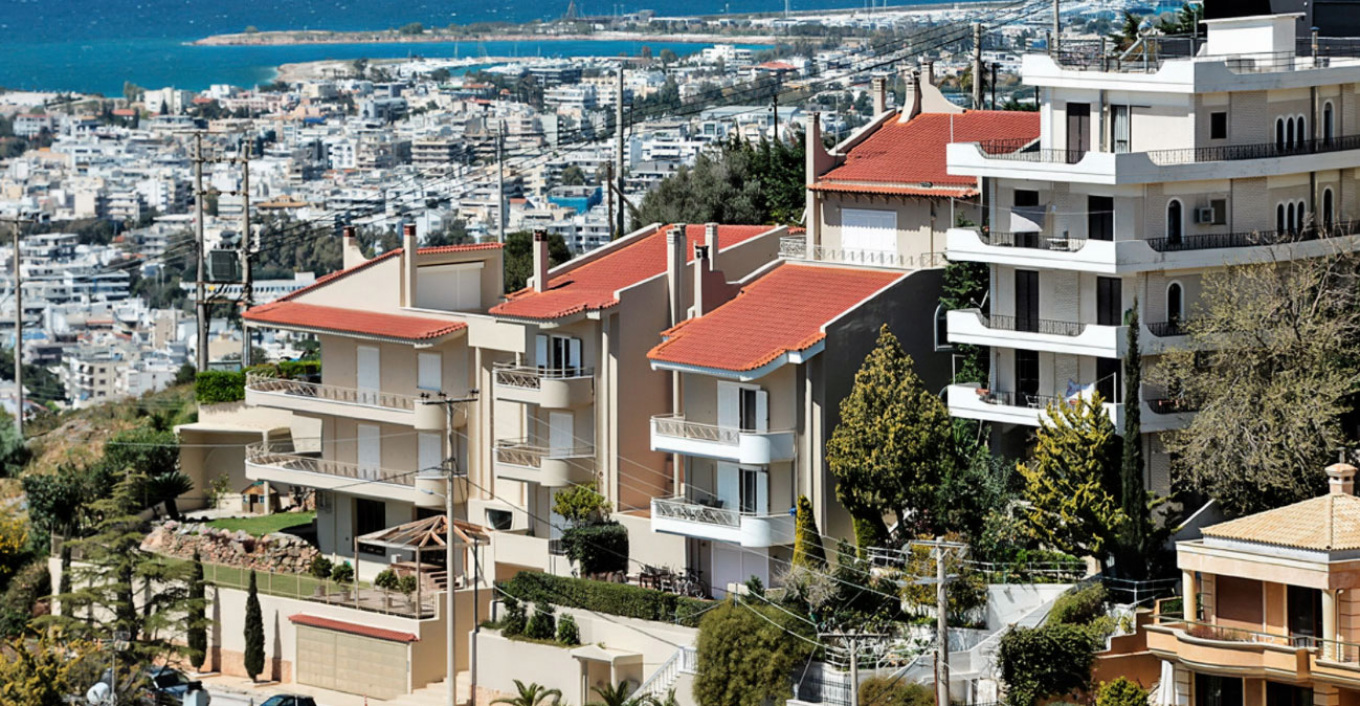
Ask me anything
Explore related questions















